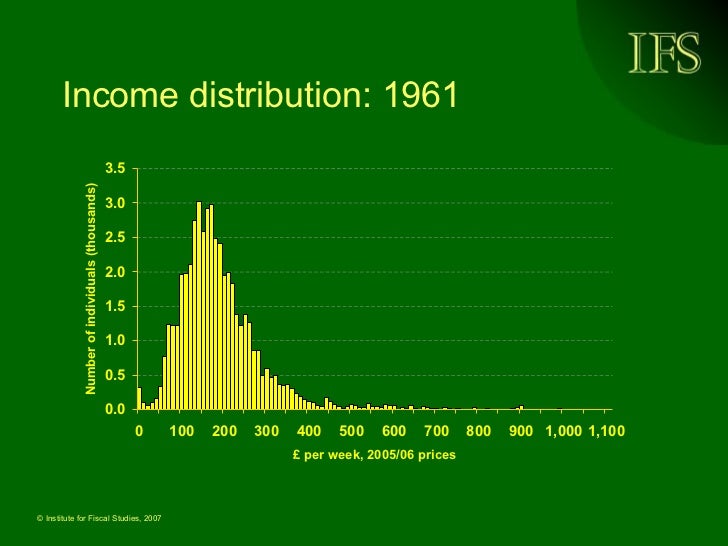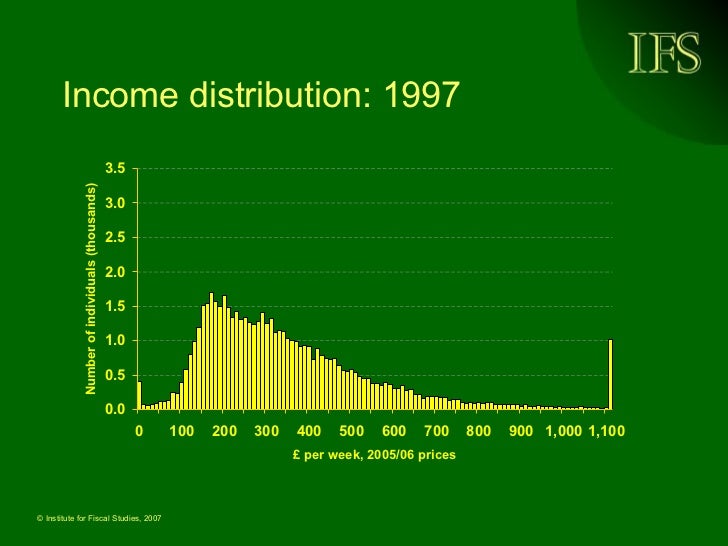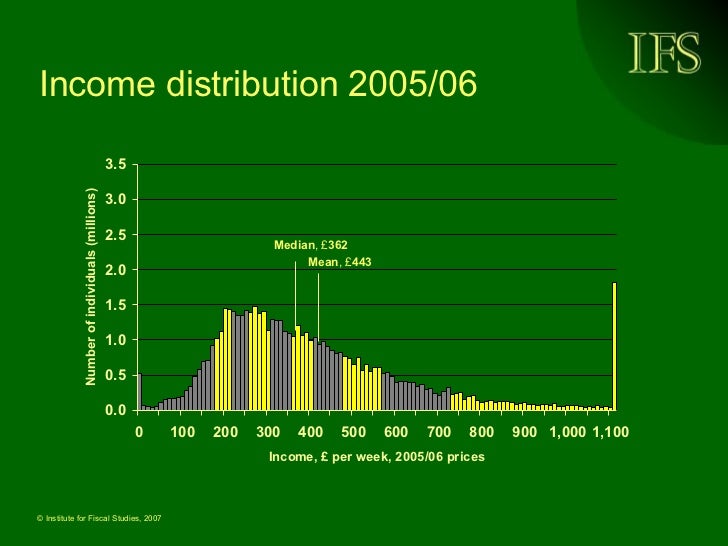‘The media are indispensable to any attempt to answer a key challenge, that is, what might it mean for people to hear about and discuss climate in such a way that they decide to behave “dutifully”? ‘
‘The process of designing a mass media programme or campaign begins with a ‘messaging workshop’, where the results of formative research are analysed to produce a ‘messaging brief’. The brief describes which messages need to be communicated to achieve key behaviour change…..…we worked in partnership with media professionals, local authorities, and national and international NGOs to build public awareness of climate change and the need for national and regional environmental policies.’ BBC World Service Trust
BBC Trust statement.… ‘Impartiality is about breadth of view, and can be breached by omission’. (2007)
This is a ‘short’ heads up, a trailer if you like, for a longer post examining the BBC’s innumerable connections with the Green pressure and lobby groups, the scientists and the politicians, all with their own agendas and vested interests in selling us man-made global warming.
We were recently reminded about Dr Joe Smith’s (co-founder of the CMEP with the BBC’s Roger Harrabin) paper from 2005 which was essentially a ‘report’
detailing the discussions taking place within the CMEP seminars held at the BBC.
Held incidentally at the instigation, or authorised by, the new DG…Tony Hall when he was Director of News.
The presentation is 20 odd pages long and indicates that the BBC has long held the view that Climate Change is man made….but felt obliged to give the sceptics a voice. That all changed, or rather was admitted openly, in 2007 when the BBC announced that the science was settled and sceptics would no longer have very much of a voice on the BBC.
The BBC was essentially ‘captured’ by the green lobbyists and is now their mouthpiece campaigning on their behalf to win the Public’s acceptance of AGW….it was a massive coup for them that put one of the most powerful and trusted voices in the media world on their side of the argument…and the science is still an argument however much the BBC et al deny it.
This is what Smith tells us about the power of the BBC:
The “capacity to define potential risks and hazards is broadly aligned with the distribution of power among ‘credible,’ ‘authoritative,’ and ‘legitimate’ definers of ‘reality’ across the media field.” ……[the BBC is] widely seen as an international leader in terms of balance, independence, and clarity. It is viewed as hegemonic within British broadcasting, helping to dictate the limits of what might be considered “news” in mainstream reporting.
The BBC ‘dictates the limits of what might be considered news’……in other words if it reports something then it is likely that the rest of the media will follow their lead…and the Public will listen to that ‘trusted voice’.
They’d better be right then hadn’t they?
We now know that the seminars that ‘persuaded’ the BBC to adopt that stance on climate change were not based on what top, ‘expert’, scientists were saying in them…there were few climate scientists there…we know that Professor Steve Jones who conducted a science review in 2010 for the BBC was hardly the impartial adjudicator of BBC science that such a review would demand…his career had stalled with no one willing to fund him and any of his research ideas…he was ‘rescued’ from obscurity and failure by the BBC who put him to work and paid him handsomely.
We know the science does not yet prove any link between CO2 and global warming…in fact it shows the opposite….warming leads to a rise in CO2.
But here is something else…one of those lobbyists, the International Broadcasting Trust, put in a submission to influence (‘Our lobbying work has produced significant results. Both the BBC and Channel 4 now have remits which place internationalism at the heart of their output.‘) the BBC’s science review by Steve Jones and to attempt to change the way the BBC reports climate change…as did the sceptics such as ‘Bishop Hill’
It’s a funny thing but having read Dr Joe Smith’s 2005 presentation and then read the IBT 2010 submission it is apparent that they are almost identical…not word for word….but idea for idea, philosophy for philosophy and demand for demand in the way that they would like the BBC to report climate science.
There are at least 10 major points of similarity that stand out…..the conclusion I have come to is that either Joe Smith, or possibly Harrabin, wrote this submission for the IBT or someone at the IBT has taken Smith’s work almost verbatim, and submitted it to the BBC.
I would suggest that Smith wrote it…it is practically the CMEP ‘syllabus’….and Smith has a track record in working unacknowledged ‘behind the scenes’ on BBC projects and programmes that promote the idea of man-made climate change.
Those ten points are:
1. Journalists must resist framing the debate by putting up pro AGW advocates against climate sceptics.
2. Such an approach creates an impression of balance but in fact demonstrates that ‘balance is bias’ …against the consensus and therefore wrong.
3. It is important to train new, young journalists in a new approach to climate change because they will then either take that with them to the higher ranks of the BBC or move to other media organisations where they can then have influence over how the science is covered.
4. Journalists must now present the science as a long term ‘process’ and not look for a ‘result’….do not debate the science…facts are not necessary.
5. It is the Media’s role and responsibility to ensure the Public get the correct message about the science so that they then proceed to behave ‘dutifully’ in response.
6. Sceptics lack the knowledge and scientific background to be qualified to challenge the consensus.
7. Climate sceptics put in danger both Democracy and the Planet…..turn the debate into a ‘morality play’….guilt is good.
8. There needs to be a new kind of reporting….as said science as a ‘process’ but also introduce new voices….ignore the science, look at the consequences of global warming and the necessary responses….bring on economists, historians, politicians, social scientists and businessmen who will ensure the Public are made fully aware of the dangers of climate change according to the consensus.
9. Blur the boundaries between news and current affairs and other broadcast categories…drama, history, wildlife documentaries, anything that will further opportunities to influence the viewer’s perceptions and understanding of climate change.
10. There are no more facts to be found…the science is settled…..that is now the ‘Orthodoxy’.
Here is a very small part of Smith’s 2005 paper followed by a similar abridgement of the IBT submission from 2010:
Dr Joe Smith:
This article explores the role of broadcast news media decision makers in shaping public understanding
and debate of climate change risks. It focuses on media source strategies, on climate change storytelling in news, and the “myth of detachment” sustained by many news decision makers.
Particularly significant is the disjuncture between ways of talking about uncertainty within science and policy discourse and media constructions of objectivity, truth, and balance.
The “capacity to define potential risks and hazards is broadly aligned with the distribution of power among ‘credible,’ ‘authoritative,’ and ‘legitimate’ definers of ‘reality’ across the media field.”
[The BBC] is recognized as an important reservoir of journalistic talent; it is both a training ground for the early stages in many media careers and a destination for top journalists and editors. These conditions have led to the BBC being widely seen as an international leader in terms of balance, independence, and clarity. It is viewed as hegemonic within British broadcasting, helping to dictate the limits of what might be considered “news” in mainstream reporting.
The self-perception of news media is that they cast, direct, and stage-manage the public’s notion of life beyond immediate lived experience. Certainly, there is little arguing that the mass media are a key location for the social production—including the definition and evaluation—of risks. Hence the broadcast media’s treatment of climate change becomes central to any attempt to unpick risk communication surrounding the issue.
Publics depend on news media to expand their knowledge about the world beyond the immediate horizons of lived experience.
Nevertheless, the balanced presentation of “pro” and skeptical climate change scientists was a persistent feature of climate change coverage into the late 1990s in Britain, and is still intermittently applied in the casting of broadcast news……research shows it to persist in the U.S…….. “[t]he continuous juggling act journalists engage in often militates against meaningful, accurate, and urgent coverage of the issue of global warming.”
[T]he communication and debate of climate change dangers will demand narratives that splice together uncertainty, social risks, and choices .
Editors acknowledge that climate change risks and responses demand public understanding and debate, and that they are inherently political.
Climate change can no longer be dealt with purely as a story about the reliability or otherwise of scientific data. Specialists have argued throughout the series of seminars since 1997 that it reaches into international affairs, food, mainstream politics, farming, transport, health, energy, taxation issues, and more.
Furthermore, not only program editors (the senior editor), but also their colleagues who are responsible for “out of hours” and minute-by-minute decisions, such as duty and news editors, need to be able to appreciate climate-change relevant strands within these categories.
The climate change dimension of the story can be set within established domestic news frames, the patterns of decisions about media content that organize, shape, (and limit) interpretations that are known to register with audiences. These might include: government competence, security of homes and insurance risks, and vulnerable social groups.
It is important to note that the BBC and other media participants have been drawn almost exclusively from senior editorial staffs that do not have specialist expertise or experience in environment and development issues. They have in almost all cases been invited to attend
by the BBC Director of News and are hence not self-selecting as “supportive” or “committed to” the issues under discussion.
Journalists have demanded to know what facts there are—or to demand “when are we going to get to the truth on climate change” and do not carry with them a sense that science is primarily a process of contestation.
This limited understanding of science compared with other fields of contemporary discourse among media professionals has frequently been acknowledged in discussions within the workshops—an admission that would be unthinkable for these media professionals in spheres such as economics or politics. This is reflected in ignorance of even the most fundamental
aspects of science practice such as peer review.
Material and story ideas will not only be drawn directly from primary sources; the cue for a story will often come from other media outlets. The workshop discussions support U.S. research showing that even in technically difficult fields journalists turn to other journalistic sources in working up stories.
The intense competition among specialists within news organizations can compound narrow and repetitive patterns of reporting.
The confident assumption that there are facts to be found and communicated leaves editors poorly equipped to understand and negotiate the character of uncertainty within climate change science and policy, let alone facilitate exploration of the “postnormal” model of science and public participation that is increasingly emerging as an orthodoxy in science communication.
Disagreement about facts does not bar a story from getting on air. Far from it: but it will have to then conform to a rigid formula of presenting claim and counterclaim that is unsuited to the slowly unfolding exploration of narrowing bands of distribution of opinion that the science and policy of climate change implies. This is in pursuit of another professional obligation: a commitment to balance and impartiality….…the trick with the BBC. . . is that we can say “here are the facts—unadulterated.” Where there is a political argument then we’ll try to make clear what the political arguments are.
Boykoff and Boykoff showed how reporting practices result in “balance as bias.” Their work concluded that “[t]he failed discursive translation between the scientific community and popular, mass-mediatized discourse is not random; rather the mis-translation is systematic and occurs for perfectly logical reasons rooted in journalistic norms, and values.”
When challenged about the limited nature of their climate change coverage editors are quick to see that the kind of purposeful social action demanded by the science and policy community carries them quickly out of questions about “good science” and into messy and editorially hazardous ethical-political terrain.
Discussions have shown a fear of being captured by the normative agenda implicit in sustainability discourses via, e.g., ethical commitments to future and distant generations, and the nonhuman natural world. As one journalist put it, to nods of assent from media colleagues: “you’ve got to understand this—we’re not here to tell the public how to behave—we’re there to tell them what’s happening”
There are signs from within the working groups at the seminars that those editorial decision makers who are sufficiently informed about climate change to appreciate the policy consequences of most mitigation and adaptation responses fear that to “buy-in” to climate change is to accept a predetermined set of value positions. Taking such a series of steps threatens not only the professional reputation of an editor but, in a highly fluid and insecure profession, his or her hardwon position…..climate change is value threatening and an ideological hazard is as true of news editors as it is of anyone. Editors are very wary of
values-based agendas, and insist that they are careful to avoid a close association between their outputs and a particular philosophical perspective on the world.
Non-media participants have questioned this stance persistently. Comparisons have been drawn with the evident normative stance in editorial lines on terrorism, human rights, and child labour. Participants, particularly, though not exclusively, those from NGOs, have gone further, charging the U.K. news media with uncritically promoting the globalization of a narrow Western model of democracy, neo-liberal commitments to free trade, or the right to unlimited fossil-fuelled personal mobility. While there are signs that editors view “the facts about climate change” as something they should communicate to publics they are, to the frustration of many of the specialist participants, much more cautious about their role in signalling societal/policy paths in response to them.
Submission from the IBT:
The science and conclusions drawn from it have far reaching ethical and political implications.
There is an urgent need to improve debate .…on how to adapt to and mitigate the threat of climate [as it is now accepted as settled science].
In this paper we look In detail at the way in which climate change has been reported across the BBC and we make a series of practical proposals which we believe could not only enhance the BBC’s coverage but offer new opportunities for innovation [in the way climate change is presented by the BBC].
This submission focuses on broadcaster impartiality and must consider the media’s role and responsibilities with regard to wider science-policy-politics relations.
Journalists and programme makers should resist ‘debate framings…putting up opposing pro and sceptic climate change science opinion…[that gives a false impression of a balanced debate between supposedly equally informed and qualified players]
Programme makers should be more self-critical about their tendency to ‘ventriloquize’ public feeling…[and work to avoid representing ‘ill-informed’, i.e. sceptical, opinion.]
Programme makers must support the notion of the development of climate science as more of a ‘process’ than look for a ‘result’….[i.e. in other words the science Is not settled.…there is no ‘result…no proof of a link between CO2 and global warming.]
There are numerous online comments and complaints that charge the BBC with bias…there are signs that the BBC’s editorial and journalistic framing of the subject has been influenced by such comments and newspaper coverage as well as a swing in the public mood…really?
Climate disinformation online is a form of cultural and political malware every bit as threatening to our new media freedoms that harms not only democracy but also our planet.
Denier/sceptic/contrarian positions are backed by conservative think tanks, politically powerful bodies funded by wealthy foundations and corporations and the blogosphere provides almost unlimited capacity to communicate disagreement, controversy and conspiracy theories.
Public service broadcasters should be wary of influence by shifts in public opinion or wider media commentary.
The BBC is returning to a two sided discourse as if that represents an even handed account….such framings were common until the late 90’s [When the CMEP started its work?] and the BBC began to reflect what the ‘vast majority of scientists with authoritative knowledge believed’.
In the case of this programme the debate framing appears to be a carefully deployed editorial device intended to ‘invite in’ a body of the public who appear alienated from and mistrustful towards the scientific and policy communities that are arguing for action on climate change. in effect the programme served as a restatement of the well-established scientific consensus…[and demonstrated no one really disagreed with that…even well known ‘sceptics’]
It will be a backward step to allow programme makers to go back to a balancing of sceptical voices with those of the scientific consensus.…serving only to distort public understanding of the state of the science and the planet.
We recommend that programme makers and journalists resist debate framing that carry the implication of a balanced debate between informed players….essentially this is ‘balance as bias’.
Climate change is not just difficult and complex, with long term consequences and deep seated uncertainties, it has also become an orthodoxy.
There is a tendency to lose sight of the fact that the IPCC is a long term review process reliant on a broad and diverse science base where significant uncertainties remain in many branches of the science.
There are opportunities to use a new kind of reporting of climate change science to spearhead a fresh approach…..to communicate that science is a process not a result…demanding a commitment to new approaches to editing, conduct of interviews, scripting and presenting.
Opportunities should be sought to support younger media professionals and researchers given the role that the BBC plays in supporting the early stages of careers of people that go on to work elsewhere in the media and communications.
The quality of public debate would be greatly enhanced by identifying and encouraging new voices…..from social sciences, economics, philosophy, history, business, social entrepreneurs, political and policy talent.….[what of their knowledge and scientific qualifications?] shouldn’t there be others then who challenge such assertions…just as likely to be qualified to comment.






